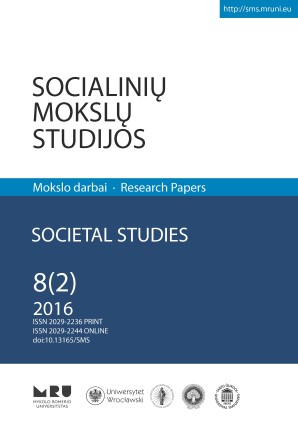MOBILE INFORMATION SYSTEMS IN MAINTENANCE
ENGINEERING AND ASSET MANAGEMENT
MOBILE INFORMATION SYSTEMS IN MAINTENANCE
ENGINEERING AND ASSET MANAGEMENT
Author(s): Jaime Campos, Erkki Jantunen, David Baglee, Luca Fumagalli, Christos Emmanouilidis, Eduardo GilabertSubject(s): Electronic information storage and retrieval, Social Informatics, ICT Information and Communications Technologies
Published by: Mykolas Romeris University
Keywords: mobile technologies; industrial maintenance engineering; technology acceptance models; asset management best practices;
Summary/Abstract: The objective of this paper is to provide a profound insight into important characteristics with regard to the integration of mobile technology into the area of industrial maintenance. The aspects highlighted in the paper uncover, for instance, acceptance models and best practices, as well as the financial impact of mobile technologies in the domain of interest. Moreover, the paper pinpoints some important characteristics that impede full integration of these technologies into this area. In addition, the economic benefits and the current situation with regard to mobile integration are highlighted. In addition, relevant literature and theories are analysed and discussed. Furthermore, the industrial integration of mobile technologies is outlined. The results indicate that there is a tendency to place an emphasis on the technical aspects of mobile devices rather than on understanding the organisational context, which affects the integration of mobile technologies into this domain.The work provides a thorough understanding of best practices and aspects to consider for the successful integration of mobile technologies in this area. This is because the use of mobile devices enables maintenance staff to gain access to information and services pertaining to the task in hand in real time, as long as some form of network access is provided. Users of these devices thus become mobile actors who dynamically interact with the physical environment in the workplace and support information systems, leading to a faster response to events and improved organizational performance.
Journal: Socialinių mokslų studijos
- Issue Year: 8/2016
- Issue No: 2
- Page Range: 180-197
- Page Count: 18
- Language: English

